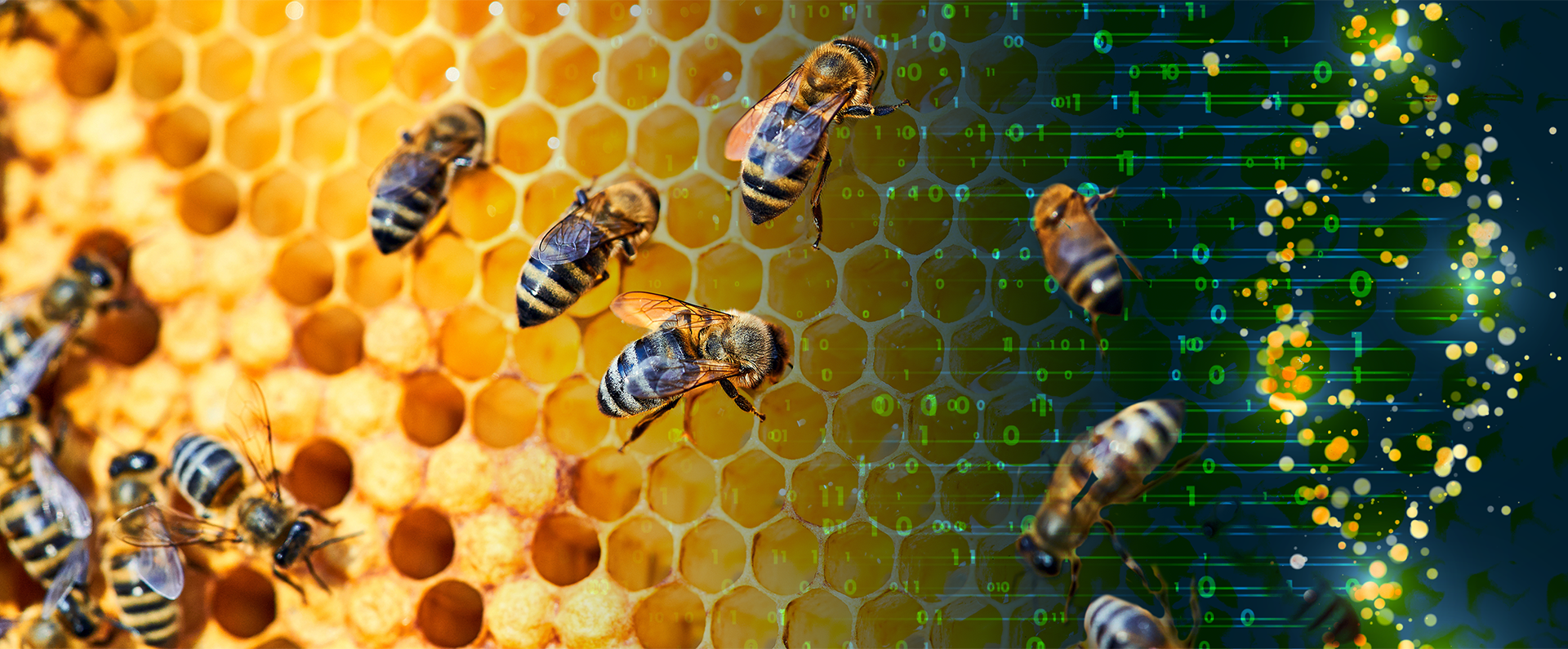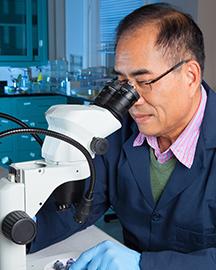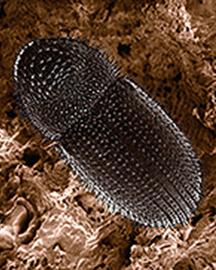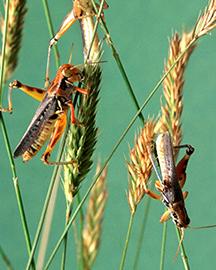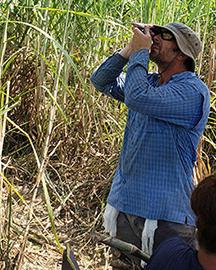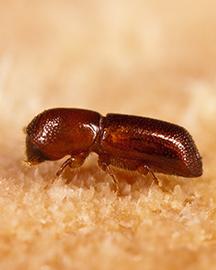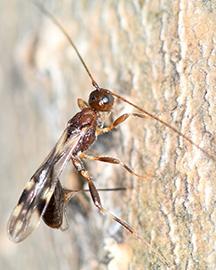The Buzz Around Bee Genomics
From both a managerial and public health perspective, understanding bee aggression is essential to fostering a safe and productive relationship between humans and honey bees. Researchers with the ARS Honey Bee Breeding, Genetics, and Physiology Research Unit in Baton Rouge, LA, have identified a region of the honey bee genome linked to reduced colony defensiveness. This discovery comes after the investigation of a unique Africanized honey bee population in Puerto Rico that exhibited remarkably reduced defensive behavior.
The team ultimately found that the bee colony's desirable behavior was grounded in a few specific genes. While this development gives scientists a roadmap for the future analysis of more complex honey bee traits, beekeepers and other stakeholders now have additional insight into the benefits and uses of genomic approaches in understanding bee behavior.


